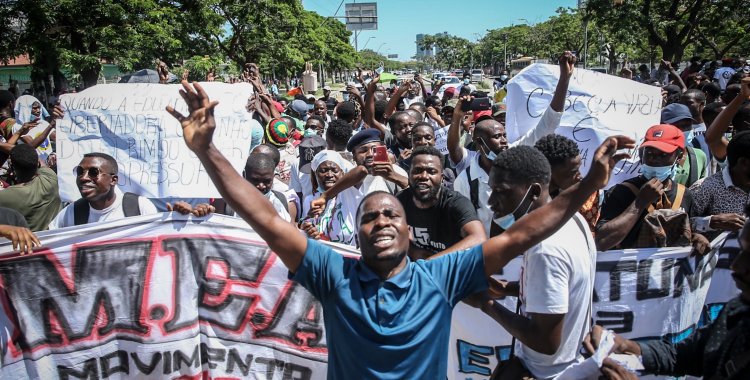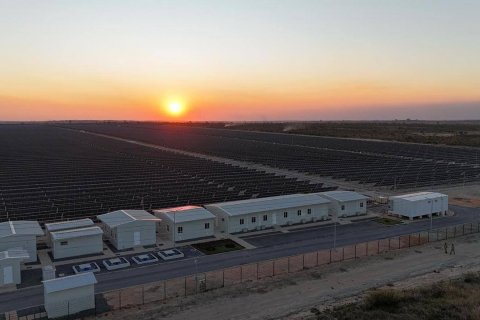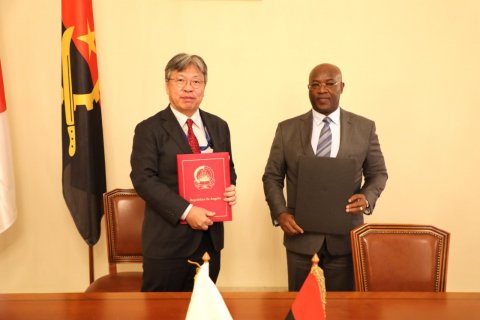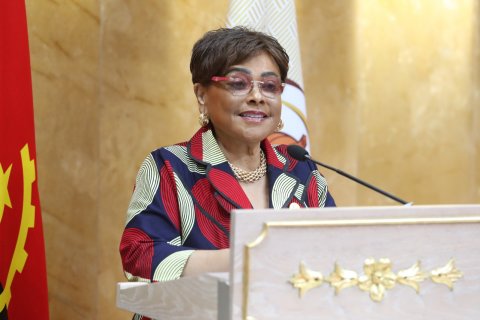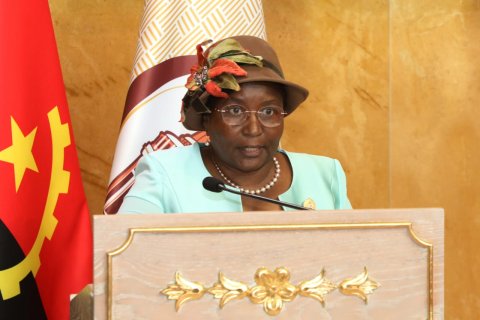"Angola is going through a unique moment. The country is plunged into an unprecedented economic, financial and social crisis, where the overwhelming majority of the population lives in destitution, with rubbish containers becoming the biggest dining room for some families", highlights the MEA.
Faced with this "concrete reality", the MEA concludes that we are facing "a failed State", the result of the "high cost" of the basket of basic products, "completely uncontrolled inflation" and with the national currency, the kwanza, "devalued" .
In the statement, the MEA recognizes that the strike "in some way harms students from all education subsystems", but, it highlights, "the time has come to defend the homeland from a minority that is subjugating the overwhelming majority of the population".
Concluding the note, the MEA appeals to Angolan students to stay at home.
The three Angolan trade union centrals unanimously approved an interpolated general strike starting on March 20th and which will take place in three phases, with a first period of three days between the 20th and 22nd of March, another of seven days between the 22nd and 30th. April and another 11 days between June 3 and 14, 2024.
After listening to workers, the General Central of Independent and Free Trade Unions of Angola (CGSILA), the National Union of Angolan Workers - Trade Union Confederation (UNTA-CS) and Força Sindical - Central Sindical (FS-CS) concluded that the Government did not responded satisfactorily to their list of demands - increasing the minimum wage, increasing civil service salaries, updating subsidies and reducing taxes - and decided, in a general assembly, to move towards a total strike.
The trade unions began by demanding an increase in the minimum wage from the current 32,000 kwanzas, to 245,000 kwanzas, a "flexible" proposal, however, to 100,000 kwanzas, a reduction in the Labor Income Tax to 15 percent and a representative on the board of directors of the National Institute of Social Security (INSS), "demands" that they say were rejected by the authorities in six rounds of negotiations.
The trade unions also demand an adjustment to the Civil Service salary, in the order of 250 percent, and a reduction in the Labor Income Tax (IRT) by 10 percent.
The executive decided to propose a minimum wage depending on the size of the company, namely 48,000 kwanzas for small companies, 70,000 kwanzas for medium-sized companies and 96,000 kwanzas for large companies, which was rejected by the unions.
The unions guarantee that minimum services will be met and are available to continue negotiations.

